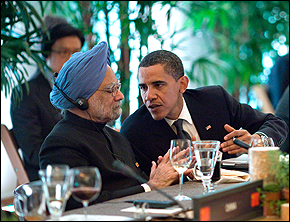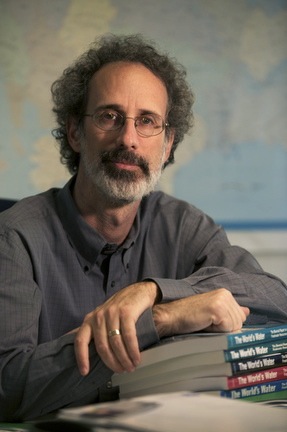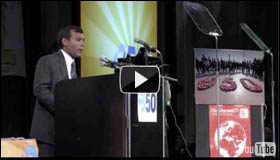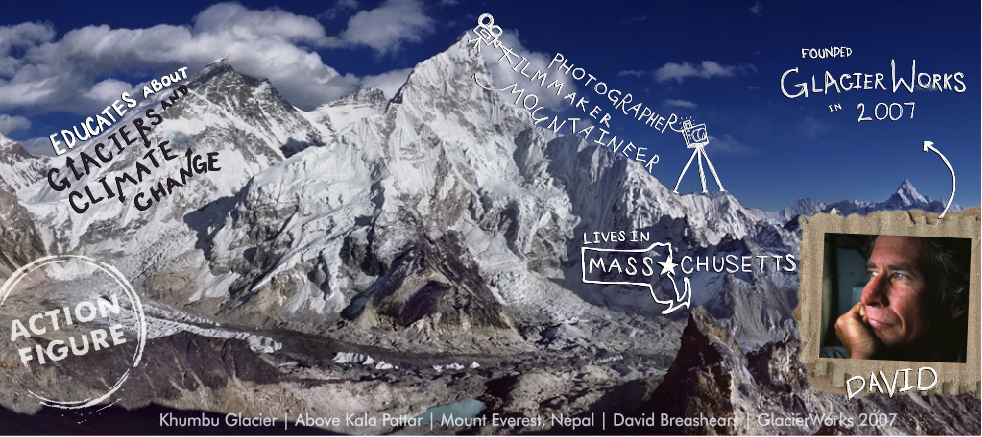Climate Change Burden-Sharing Must Not Compromise Developing World’s Growth, India’s PM
 Indian Prime Minister Manmohan Singh said that developing countries will not compromise their financial growth for climate change, and that, instead, rich countries need to ensure access to clean technologies, the AP reports.
Indian Prime Minister Manmohan Singh said that developing countries will not compromise their financial growth for climate change, and that, instead, rich countries need to ensure access to clean technologies, the AP reports.
“As GDP rises, our energy use and total emissions will rise unless new technology enables us to increase energy efficiency and reduce emissions intensity,” said Singh, who gave the opening address at a conference on technology and climate change.
Singh reaffirmed his position that the only just and equitable solution for a climate change agreement is a per capita limit on carbon emissions equal to that of developed countries.
India’s Minister of the Environment and Forests echoed this position in a press release on October 20. According to the statement, non-negotiable positions for India include:
1) No internationally legally-binding emissions reduction targets
2) Preservation of the distinction between developed and developing countries
3) Financial and technological transfers from developed countries to developing countries
4) International monitoring, only if condition three is met
Similar sentiment has also been expressed by Poland and Hungary, Bloomberg reports.
U.N. officials seem to be in agreement with developing world leaders.
Financial transfers are the key to any climate deal, said Yvo de Boer, the U.N.’s climate chief, the New York Times reports.
One funding mechanism that’s gaining broad support is paying countries to not cut down trees. Known as Reducing Emissions from Deforestation and Degradation (REDD), the scheme is seen as a relatively easy way to decrease the estimated 18 percent of carbon emissions that come from deforestation. However, implementing it successfully will require monitoring, auditing and protection of indigenous peoples’ rights, the Economist argues.
Member states of the South Asia Association for Regional Cooperation endorsed REDD as an essential precursor to any forestry agreement at the Copenhagen negotiations in December.
Climate change has caused destructive water surpluses and deficits in India. Severe floods displace millions of people annually, and periods of drought hurt the livelihoods of myriad farmers.
Source: AP
Read more from Circle of Blue about the effects of drought on India’s food security
Brett writes about agriculture, energy, infrastructure, and the politics and economics of water in the United States. He also writes the Federal Water Tap, Circle of Blue’s weekly digest of U.S. government water news. He is the winner of two Society of Environmental Journalists reporting awards, one of the top honors in American environmental journalism: first place for explanatory reporting for a series on septic system pollution in the United States(2016) and third place for beat reporting in a small market (2014). He received the Sierra Club’s Distinguished Service Award in 2018. Brett lives in Seattle, where he hikes the mountains and bakes pies. Contact Brett Walton









Every issue india faces we have addressed and more. We factored all their issues into our plan over 3 years ago and the results speak for themselves.
Renewable Energy we could supply India: 480GW – 1% fee – 480,000 EcoEstates
http://short.to/v8qq #green #eco #climate #environment #news #jobs
SUSTAINABLE CLEANTECH SOLUTION TO IMMINENT CLIMATE CHANGE
DISASTER
Sunshine Coast, October 25, 2009 – With less than two months to go before the UN Climate Change Conference, the leaders of most countries are a worried lot. EcoEnforcers, a Queensland, Australia based company, has come up with a sustainable renewable energy source that meets both short term as well as long term needs. It is a global solution to urban renewable energy using a biomass hybrid battery technology to produce 2 x 1MW of power, 1MW for their fully designed “EcoEstates” and 1 MW put into the grid.
In the words of Jarreau Terry: “EcoEnforcers will lead the global economy for climate change. Nations within nations will prosper, and single-handedly be withdrawn from the global financial crisis. A momentus occasion that will inevitably re-define the Twenty-First Century.”
http://www.ecoenforcers.com
Contact:
Jarreau Terry, Founder & CEO
pr2@ecoenforcers.com